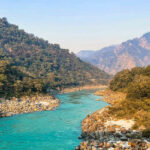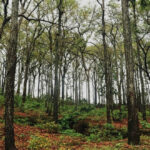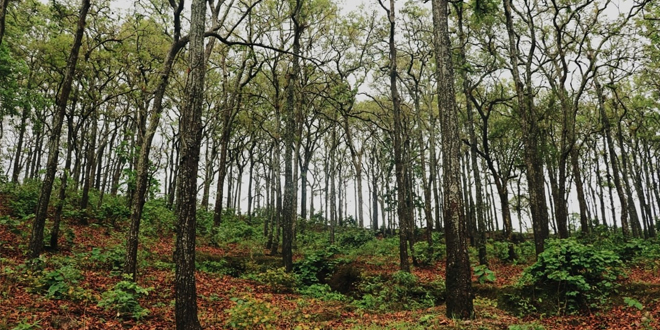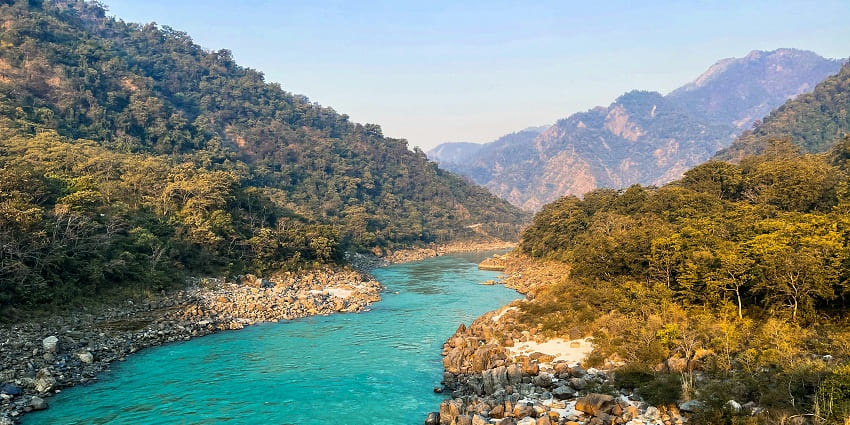In a tale of unwavering dedication that seems plucked from a fable, 90-year-old Sohan Lal Verma, affectionately known as ‘Papa Ji’ by his entire village, has been honoured with the prestigious ‘Prakriti Mitra’ (Friend of Nature) Award by the Government of India. His achievement? Single-handedly converting 12 acres of arid, rocky wasteland into a thriving, self-sustaining forest over the course of 35 years.
The award, which includes a cash prize of ₹15 lakh and a citation, was announced on the eve of Children’s Day, a fitting tribute to a man who says his greatest legacy is for the “children and the chirping birds.”
The journey began in 1988, when Mr. Verma, then a 55-year-old retired schoolteacher, used his life’s savings to buy a patch of land deemed useless for farming. Where others saw only stone and dust, he saw potential. Armed with nothing but a spade, a pickaxe, and buckets, he would wake before dawn, walk 3 kilometres to the nearest well, and carry water back for his saplings.
“People called me a madman,” recalls Mr. Verma, his wrinkled face breaking into a gentle smile under the shade of a neem tree he planted three decades ago. “They said, ‘Papa Ji, why are you wasting your retirement? This land will never give you anything.’ But I wasn’t looking for it to give me anything. I wanted to give something back to the Earth before I left it.”
His method was simple but relentless. He started with hardy, native species like Khejri, Neem, and Peepal. He built small, semi-circular mud bunds around each sapling to capture every drop of rainwater. For years, he fought against the scorching sun and desert winds, losing many plants but never his resolve.
Slowly, miraculously, the landscape began to change. The newly formed canopy attracted birds, which dropped seeds of other plants. The leaf litter improved the soil quality, allowing grasses and shrubs to grow. A small, seasonal stream that had been dry for years began to flow again for a few weeks during the monsoon, rejuvenated by the improved groundwater retention.
Today, ‘Papa Ji’s Jungle’ is a vibrant ecosystem. It is home to over 5,000 trees of more than 40 native species, including Amla, Ber, and Mango. It has become a sanctuary for peacocks, deer, rabbits, and over 50 species of birds. The forest floor is a carpet of green, a stark contrast to the pale, dry land that surrounds it.
The real winners are the villagers. The microclimate has changed; the air is noticeably cooler and cleaner. The groundwater level in the surrounding area has risen significantly, benefiting the farms nearby. Village children now use the forest as their ultimate playground and open-air classroom, where Papa Ji teaches them the names of trees and the importance of conservation.
“This forest is our village’s treasure,” says young Meena, a class 8 student. “Papa Ji tells us stories about every tree. He says they are his children, and now we are their protectors.”
When asked what he will do with the prize money, Mr. Verma’s eyes twinkle. “This money is a blessing from Mother Nature herself. It will go into a trust for the forest. We will dig a proper pond to store more rainwater and build a small boundary to protect the young saplings from stray cattle. This work does not end with me; it must continue for generations.”
As the sun sets, casting long shadows through the dense foliage, Sohan Lal Verma takes his evening walk through the forest, the leaves whispering a thank you with every step he takes. He may not have children of his own, but he is a father to a forest—a living, breathing testament to the power of one person’s conviction to change the world, one seed at a time.
His message is simple for a world grappling with an environmental crisis: “Don’t wait for someone else to start. Your two hands are the most powerful tools you have. Start digging, start planting, and have faith. The Earth knows how to heal herself. We just need to give her a chance.”









